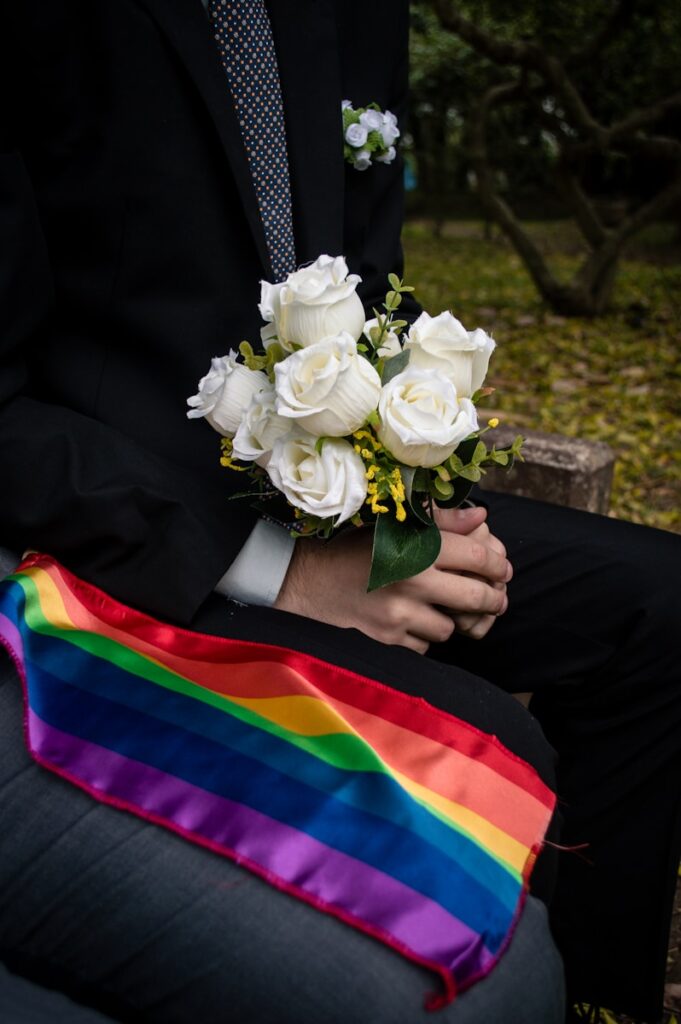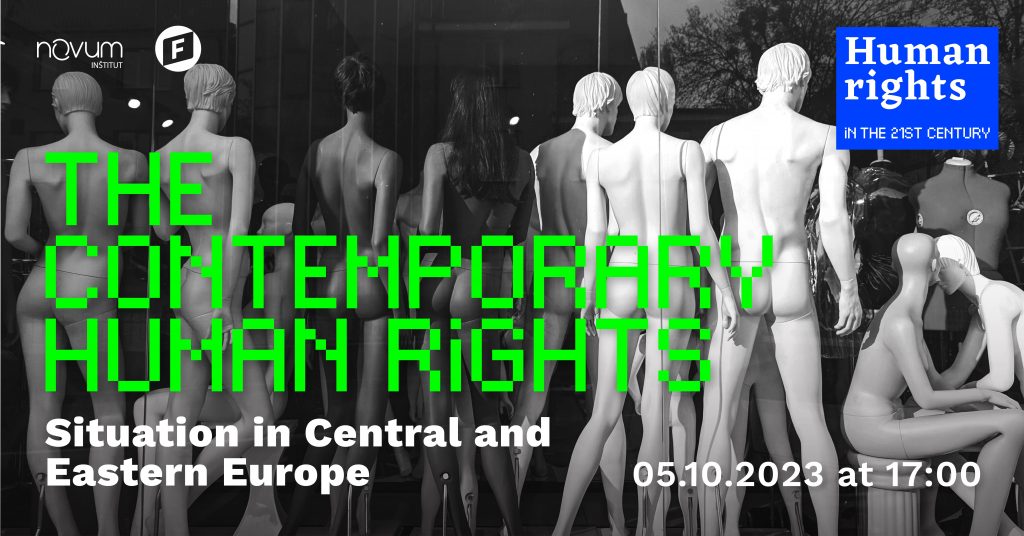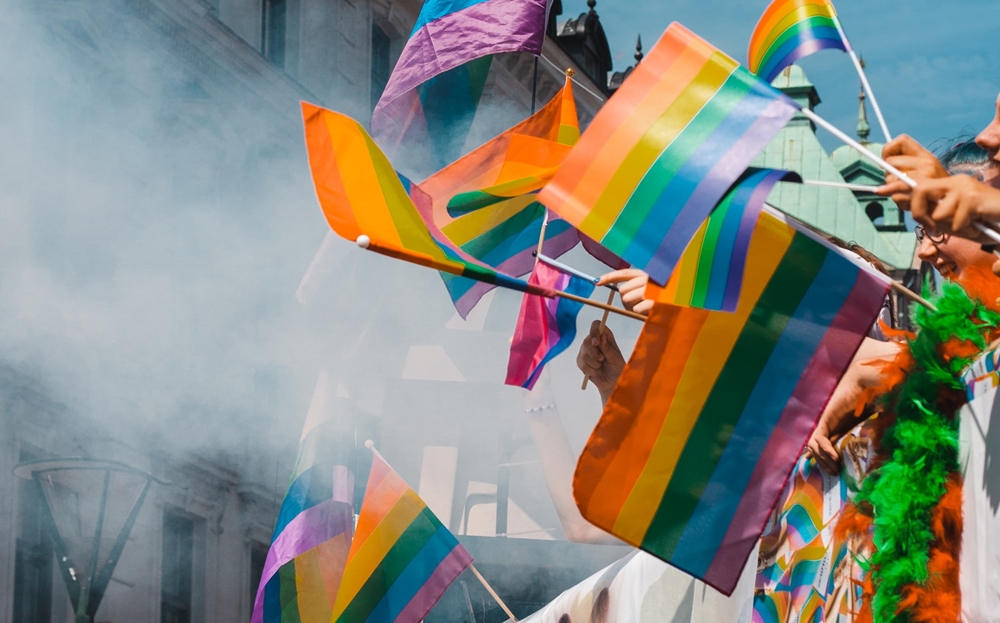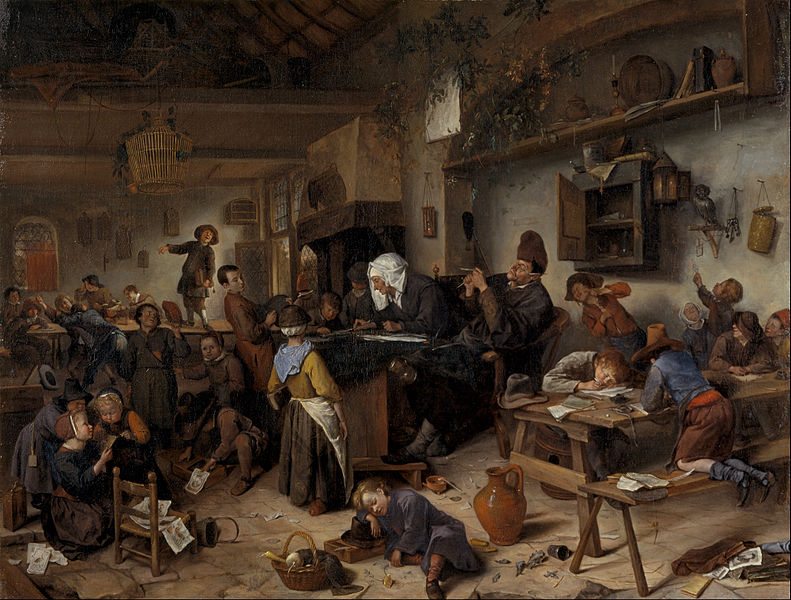
Beyond Loving: How One Case Shaped – and Now Mirrors – Fight for Modern Freedoms
BY
Institute for Liberal Studies / June 20, 2025
On June 12, 1967, Chief Justice Earl Warren famously declared \"Under our Constitution, the freedom to marry, or not marry, a person of another race resides with the individual, and cannot be infringed by the State,\" a pivotal statement that, 58 years ago today, forever changed American lives. The Supreme Court case of Loving v. Virginia sought to challenge the Racial Integrity Act of 1924, a law that legalized segregation and the mistreatment of African Americans.



![War Against Human Rights with Oleksandra Matviichuk [PODCAST] War Against Human Rights with Oleksandra Matviichuk [PODCAST]](https://4liberty.eu/phidroav/2025/06/Liberal-Europe-Podcast-2024-9-1024x1024.png)







